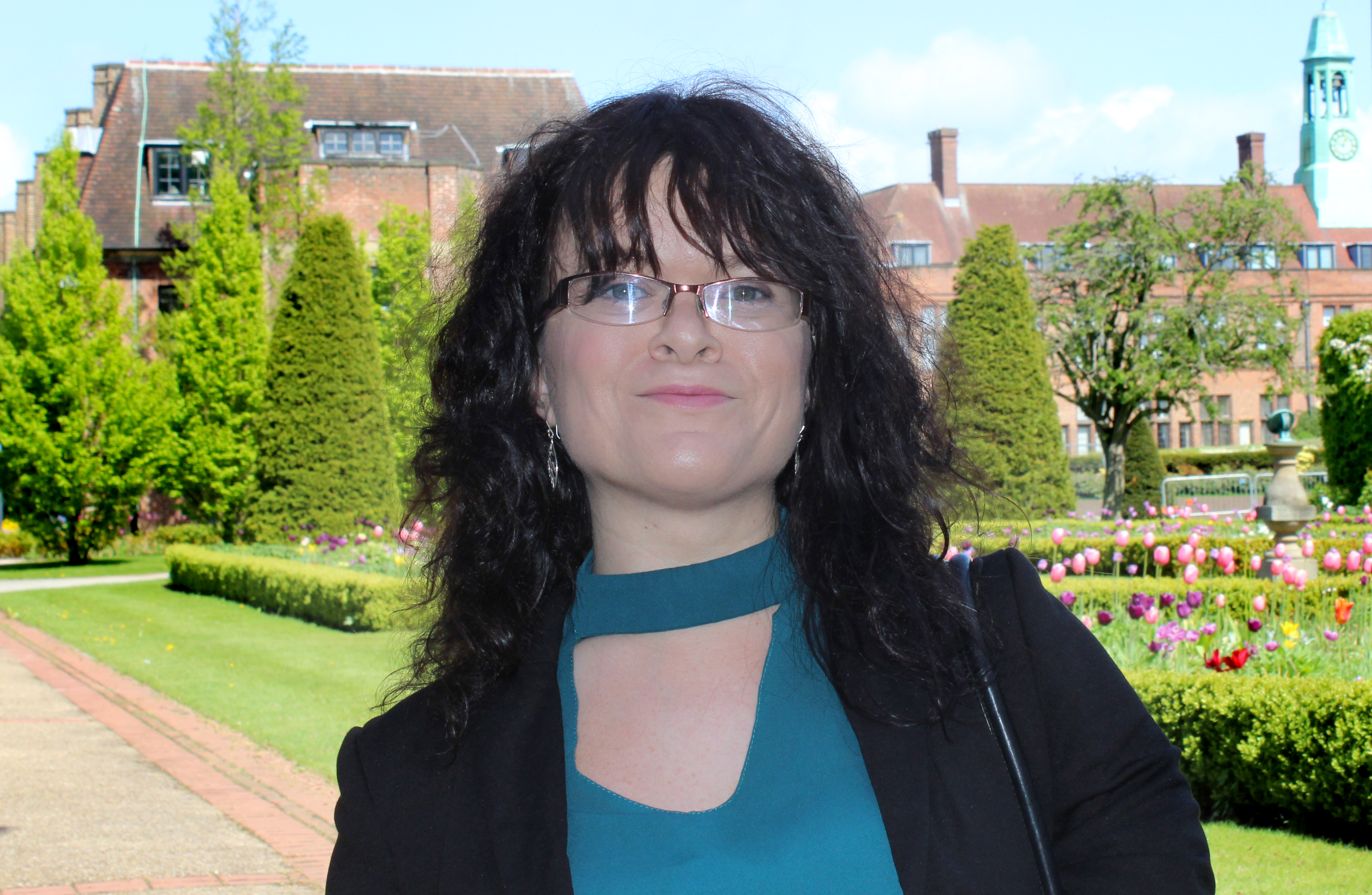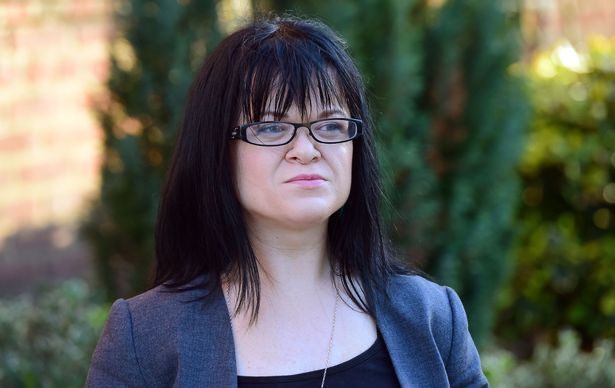A Liverpool Hope University academic has welcomed a move from retailer Marks & Spencer to remove the term 'midget' from its 'midget gems' sweets.
The confectionery items have been rebranded ‘Mini Gems’.
And the switch comes after Dr Erin Pritchard, a Lecturer in Disability and Education at Liverpool Hope University and an activist for dwarfism, reached out to M&S to offer her insights.
She says the term ‘midget’ is a form of hate speech and also widely offensive to the vast majority of people with dwarfism.

And yet Dr Pritchard, who herself has ‘achondroplasia’, the most common form of dwarfism, says other UK retailers have been slow to really understand the significance of using the word.
She says: “The word ‘midget’ is a form of hate speech and contributes to the prejudice that people with dwarfism experience on a daily basis.
“Having spoken with various firms about the use of the word ‘midget’, it’s clear that many companies are simply unaware of just how offensive the term is, and I’ve had to explain to them why it’s such an issue.
“We need better awareness about this particular word so that things can change for the better.
“And I’m grateful that M&S has been willing to listen to the concerns of people with dwarfism and has gone ahead with the rebranding.”
An M&S spokesperson confirmed the switch, and said: “We are committed to being an inclusive retailer – from how we support our colleagues, through to the products we offer and the way we market them to our 32 million customers.
“Following suggestions from our colleagues and the insights shared by Dr Erin Pritchard, we introduced new mini gem packaging last year, which has since been rolled out to all of our stores.”
Bosses at M&S aren’t the only ones to drop ‘midget’ from their midget gems sweets after the issue was raised by Dr Pritchard, who is a core member of the Centre for Cultural Disability Studies.
The vegan-friendly firm Free From Fellows, whose products are stocked in places such as Sainsbury’s, Morrisons, WH Smith and Boots, has also jettisoned ‘midget’ from its gems sweets.
Yet not all retailers are getting the message.
Dr Pritchard says she’s reached-out to other major supermarkets about their own ‘midget gems’ offerings, but has yet to get a response.

The academic - who appears in a new short ‘Dating with Dwarfism’ video for Channel 4, in which she talks about some of the relationship issues experienced by those with dwarfism - adds: “It is truly baffling that, in this day and age, a number of British retailers are still able to use this disablist hate speech to market their products.
"Last October was Dwarfism Awareness Month, and I took to Twitter to tag numerous supermarkets and sweet companies in a tweet asking them when they would be removing the word midget from their products.
“Only Free from Fellows responded. At this point, M&S had already written to me stating that they would remove the name.
“For me, this highlights the need for better awareness about just how problematic the word ‘midget’ really is, and I’d be delighted if other retailers and manufacturers followed in the footsteps of M&S and Free From Fellows.”
Dr Pritchard recently explored the use of the term ‘midget’ in a chapter for the book Disability Hate Speech: Social, Cultural and Political Contexts, published by Routledge in 2019.
In it she describes how: “‘Midget’ remains a popular term used to describe people with dwarfism within the entertainment industry, especially within lowbrow entertainment, as with the examples of ‘midget wrestling’ and ‘midget tossing’.”
She argues that ‘midget’ should actually be seen as a form of hate speech due to its origins and the way it is used towards people with dwarfism in society - pointing out the word first came to prominence with the Victorian freak shows.
And, recently writing in the Big Issue North, Dr Pritchard also said: “Often referred to by people with dwarfism as the m-word, it is a term derived from the word ‘midge’, meaning gnat or sandfly.
“Its origin automatically dehumanises people like me. It was a term popularised during the Victorian freak show, where many disabled people, including people with dwarfism, were oppressed and exploited. It was where people with bodies that exceeded normal expectations were put on display for others to stare at and often mock.”



